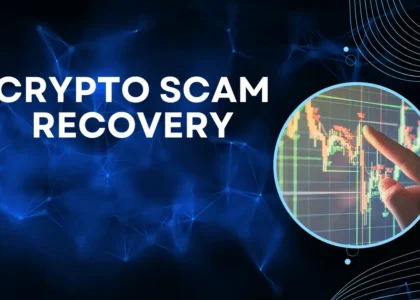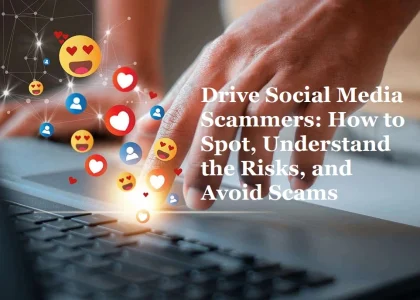COVID-19 caused a significant hit to millions of small businesses. It was not just because of widespread shutdowns. While many governments set aside hundreds of billions for loans that would help smaller businesses keep their businesses afloat. So the fraudsters launched numerous schemes to steal money and exploit entrepreneurs during difficult times. Matthias Siems says many business scams happen, so it is necessary to report business scams.
Beginning of Business Scam:
Matthias Siems – The scam typically begins with a phone call or an email supposedly from a company owner. He is likely to be able to trust such an institution in the community. They portray him as a gentleman. He could work for your betterment and will give you much profit. In reality, nothing is like that, so you need to report about them.
The scammers demand details they say will help speed your cash. They could even set up fake websites that collect the information you provide for your “application.” It is a scam to obtain a quick payment and access the bank account of your choice. They will collect personal information such as Social Security numbers or even create a computer network with ransomware or malware for your company.
Matthias Siems – Small-Sized Businesses Scams:
Matthias Siems says these tricks are not new. Over two-thirds of small businesses were victimized at least once by fraudsters during the last three years, and more than one in 8 businesses lost money or business data. Like the epidemic, natural disasters attract scammers out of the shadows to prey on businesses that need help with repairing.
Most Common Scams:
Scammers employ a variety of other tactics to target small businesses. Here are a few of the most common scams. You should know about them, and you should report these business scams
Fake invoices:
Matthias Siems – they create fake bills for the services and goods that a company typically utilizes, like internet hosting or office supplies. They hope that the person responsible for paying invoices isn’t busy enough to be aware of the scam.
Impostors:
Fraudsters who claim to be representatives of utility companies or government agencies threaten you. They say they are taking legal action, losing a business license, or power shutoff until you pay unpaid taxes, bills, or charges. They’ll also demand to pay for posters about the workplace. These places are free from state and federal departments of labor.
Bogus Branding:
Matthias Siems says they are targeting entrepreneur’s eager to build their brands. Fraudsters claim they are selling ads or listings in directories. They also even offer business marketing, coaching, or web-based marketing services. These are later found fake or useless.
Matthias Siems – Reputation-fixing Scammers offer to pay a fee to correct unfavorable reviews and increase scores on rating sites. They take additional legally unconstitutional ways to improve your business’s reputation online. So whenever you come across any scam. You should report this type of business scam immediately.
Warning Signs of Business Scams:
These are the warning signs. They will say things like that to you. You should know them and tell your team about it.
They All Should Report Immediately:
- A lender, bank, or official from the government requests upfront to facilitate the loan.
- A government agency or utility can be a threat to your life if you aren’t able to pay immediately.
- A sales representative from a company will ask you to sign documents with important clauses left unfilled or missing. They will try to assure you to complete them or email them in the future.
Ways To Avoid Business Scams:
- Maintain careful records, with documentation for every purchase and order. Check them regularly. It will allow you to identify fake invoices and other fraudulent activities.
- Before doing business with them, investigate a potential supplier, partner, or vendor. Find the business’s name and “scam” or “scam” or “complaint” about them.
- Limit to a certain number of workers who have the power to make purchases and pay bills. Also, ensure that explicit guidelines are in place to approve these expenditures.
- Train employees not to send confidential passwords and other data via email, regardless of whether the email appears to come from a boss or a coworker. Warn your employees of suspicious scams.
- Ensure that your company’s computer systems are secure against malware and viruses. Make sure that your passwords, files, and financial data are secure.
Things To Do:
- Please do not pay the invoice until you’ve confirmed that it’s for products your company has ordered or provided services.
- Don’t reply to emails asking for confidential personal or business details. Do not click on hyperlinks or open attachments within the emails. It is a way to spread malware to your system or computer.









